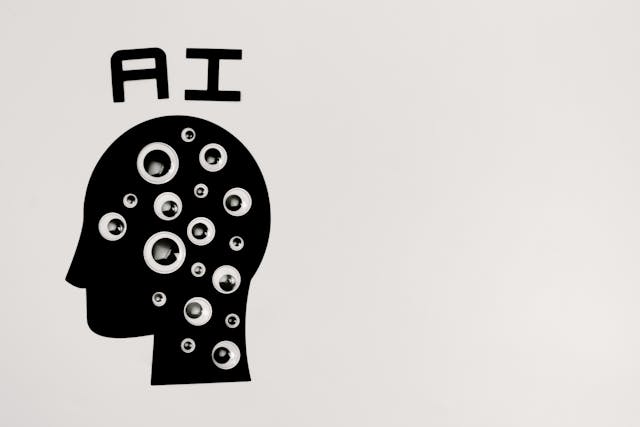How AI & Automation Are Reshaping Cybersecurity Roles
AI is no longer just a buzzword in cybersecurity — it’s transforming how security teams operate. From automated threat detection to AI-driven incident response, the technology is reshaping both the threat landscape and the roles of the people defending against it.
Here’s how AI and automation are changing the game:
- Faster Threat Detection & Response
AI tools can analyze billions of data points in real time, spotting anomalies that humans might miss. Security analysts are moving from manual log analysis to interpreting AI-driven insights and focusing on decision-making. - Reducing Alert Fatigue
Traditional SOC teams often drown in false positives. Automation filters out noise, freeing professionals to focus on complex threats. The role of analysts is evolving from “alert chasers” to strategic threat hunters. - Shifting Skill Requirements
Cyber pros increasingly need to understand how AI models work, not just how to configure firewalls. Skills in data analysis, machine learning basics, and automation scripting are now highly valuable. - Expanding Roles for Human Judgment
AI can accelerate tasks, but it can’t replicate human intuition, ethics, or context. Cybersecurity professionals are taking on more advisory and leadership roles, bridging the gap between technology, business, and risk. - Democratizing Security for Smaller Teams
For startups and SMEs, AI-driven platforms level the playing field. Tasks once requiring large SOC teams can now be automated, allowing smaller organizations to defend themselves more effectively.
What This Means for Employers
- Hiring strategies must adapt: Look for adaptability and learning agility, not just legacy tool expertise.
- Invest in upskilling: Today’s SOC analyst may need tomorrow’s data science fundamentals.
- Redefine job descriptions: Roles are shifting from “doers of repetitive tasks” to strategic interpreters and decision-makers.
What This Means for Professionals
- Stay ahead by developing AI literacy alongside core security skills.
- Embrace automation instead of fearing it — those who can work with AI tools will be the most valuable.
- Build soft skills: Communication, risk framing, and leadership are irreplaceable by machines.
AI won’t replace cybersecurity professionals. But professionals who embrace AI will replace those who don’t.
What do you think? Is AI a job killer in cybersecurity, or a force multiplier that will create new opportunities?

